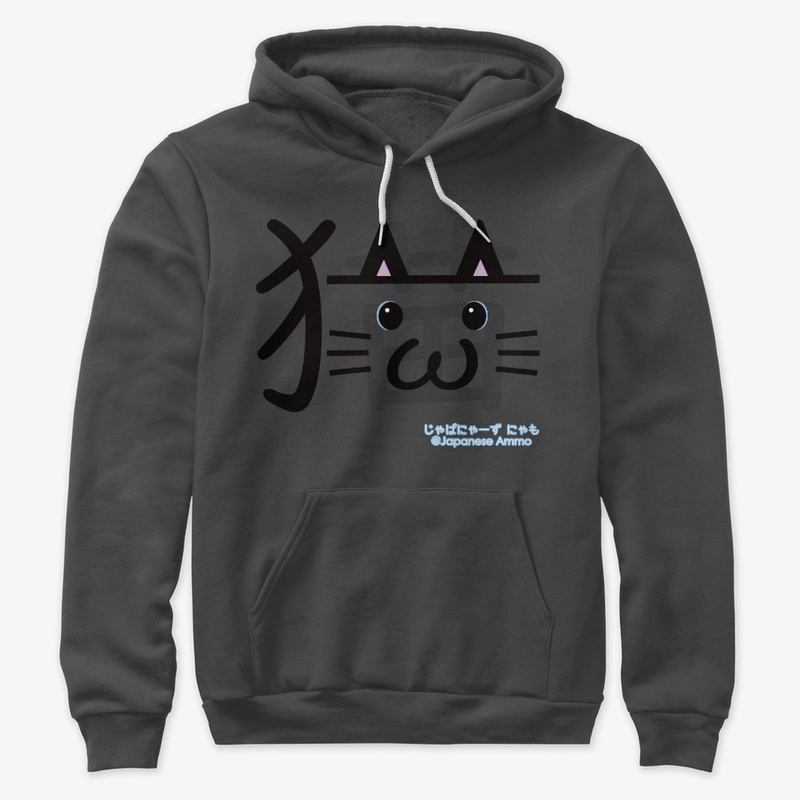ばか (baka) – stupid
゛ <- This has a name, but you know what. I’m not gonna tell you what it’s called officially. Because it’s not important.
Japanese people call it just てんてん “tenten” casually. てん”ten” means point or dot. There are two dots (dashes) so we call it てんてん.
So… why the heck is this tenten so close to my は “ha”? Is my は cheating with tenten? *crazy kanojo(gf) mode*
Remember that は means tooth? Also は? (like Huh?) sounds VERY VERY rude to Japanese people.
It’s like “WHAT?!”…so be careful not to say it. We say “え?” (e?) in this situation.
Anyways. When は “ha” is with ゛ tenten, their hybrid name
(you know, like the couple name of Brad Pitt and Angelina Jolie is Brangelina…we call Brad Pitt ブラピ “burapi” by the way…lol)
becomes ば “ba”. Ha -> Ba.
And this slut…tenten can be with any characters starting with K, S, T, H. K->G, S->Z, T->D, H->B.
か-> が “ga”, き-> ぎ “gi”, く->ぐ “gu”, け->げ “ge”, こ->ご “go”
さ -> ざ “za”, し -> じ “ji”, す -> ず “zu”, せ ->ぜ “ze”, そ ->ぞ “zo”
た-> だ “da”, ち -> ぢ “ji”, つ -> づ “zu”, て ->で “de”, と ->ど “do”
は-> ば “ba”, ひ-> び “bi”, ふ->ぶ “bu”, へ->べ “be”, ほ->ぼ “bo”
—–れい rei (E.g)—–
がか GAka – painter,
ぎん GIn – silver, (きん KIn means “gold”),
およぐ oyoGU – to swim,
げんき(な) GEnki-na – healthy, cheerful, doing-well. (about adjctive – read this)
にほんご nihonGO – Japanese language
ざんねん(な) ZAn nen-na – unfortunate, pity,
じぶん JIbun – oneself (じぶんで jibun-de – by oneself),
まずい maZUi – nasty (about food),
ぜんぶ ZEnbu – everything,
ぞう ZOu – statue, elephant (そう SOu means “right, correct!” to someone who got smth right)
ただいま taDAima – I’m back (very Japanesy phrase),
はなぢ hanaJI – nosebleed,
づ…ZU there aren’t many important words that use づ, so nevermind. ず zu is a lot more common-used.,
でんわ DEnwa – telephone,
どこ DOko – where
ばか(な) baka-na – stupid,
はなび hanaBI – fireworks,
あそぶ asoBU – to hang out, to play (a specific game like wii/playtag, or kids play in the playground),
べんきょうする BEnkyou-suru – to study,
ぼうし BOushi – a hat/ cap
Hopefully you got how てんてん works :)
Now, we will move on to まる maru -> ゜ (maru means circle and maruI means round)
゜ maru <-She’s quite picky. So she only dates は Ha, ひ Hi, ふ Hu/fu, へ He, ほ Ho.
は ha ->ぱ pa, ひhi -> ぴ pi, ふ hu -> ぷ pu, へ he -> ぺ pe, ほ ho -> ぽ po.
ぱぴぷぺぽ! papipupepo!
However, there aren’t really “Japanese” words that use these papipupepo but only EngRish words.
If you remember the rule, you have to use Katakana for those EngRish words. So you’ll see this maru in Katakana more.
For example,
パソコン pasokon – computer (comes from PERSOnal COMputer. コンピューター kompyuutaa is more like technology term…sort of.)
ピース piisu – peace (You know, when Japanese people take pictures, they go like “piisu!” and do the peace sign ✌),
プリン purin – pudding (We only refer to the bouncy, yellow, caramel-cream flan. not other deserts.)
ペン pen – pen :),
ポケット poketto – pocket (although we often call it ポッケ pokke. And Pokemon, of course stands for ポケットモンスター poketto monstaa – pocket monster :D)
Okay, now we will move on to this dude -> ー ぼう “bou” (bou means line or stick.) This one is also used mainly in Katakana.
Let’s take a look at examples :
テーブル teEburu – table, ギター gitaA – guitar, コーヒー koOhiI – cofee, メール meEru – Email and so on.
Did you realize what ー is doing to words? そう sou, that’s right. They make the vowel sound longer.
So if there was no ー in the word メール meeru, it would sound like meru. It’s not correct.
However, there is a word メルアド meruado which means Email adress. In Japan, we don’t really use SMS, in other word,
we use email adress to send messages instead of using phone number.
However recently an app called “LINE” (it’s kinda like whats-up) became super popular and EVERYONE uses it.
It’s a MUST-have app if you are going to Japan.
That’s it for this article :) Arigatou for reading this article! Hope it helps!
Check out the article about “ゃゅょっ” as well!
またね(*’▽’)








